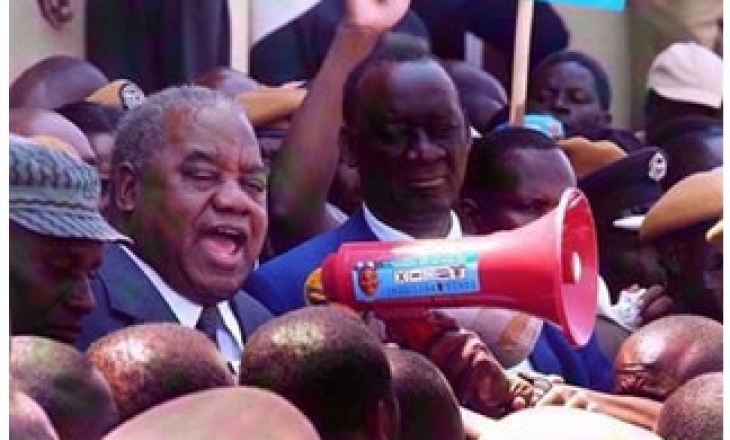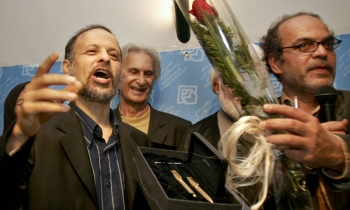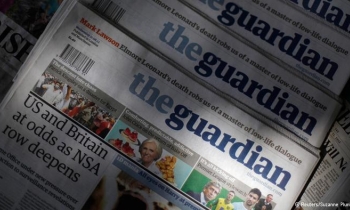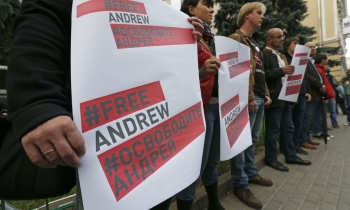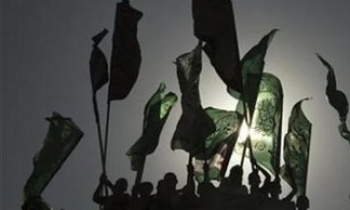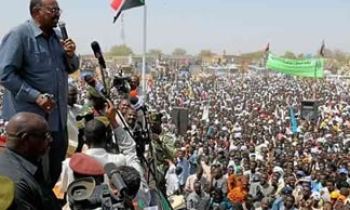There has been a sharp rise in the number of media freedom violations in Zambia recorded during the just ended presidential by-election of October 30.
During the pre and immediate post election period, between September and November 2008, there were 16 media freedom violations compared to six between January and August 2008, says the Zambia chapter of the Media Institute of Southern Africa (MISA).
The violations included physical harassment, threats of legal suits and dismissals, ejections from premises of political events such as rallies, threats to close down media institutions and orders to stop live broadcasts or publishing of certain types of stories either by order or through the courts of law.
One notable media freedom violation was when Permanent Secretary in the Ministry of Information and Broadcasting Services (MIBS), Emmanuel Nyirenda, on September 12, ordered all community and private radio stations to desist from broadcasting live phone-in programmes in order to avoid unnecessary complaints, conflicts and misunderstandings. In his view, phone-in programmes are used by some political parties to employ insults and accusations which cannot be rebutted.
Another notable instance was when Muvi TV and Zambia National Broadcasting Corporation (ZNBC) reporters and camerapersons were assaulted and pelted by ruling Movement for Multi party Democracy (MMD) cadres in Lusaka. The cadres had undertaken a solidarity match in favour of their presidential candidate, Rupiah Banda. The government-owned Zambia Daily Mail also had its reporters threatened with dismissal if they did not publish an article by Mbita Chitala, a former ambassador to Libya and a member of the MMD. This took place on August 29.
As if this were not enough, Information and Broadcasting Services Minister Mike Mulongoti also threatened to "sort out" the privately-owned the Post newspaper if they won the October 30 election. On September 27, the Lusaka High Court ordered the Post newspaper to stop running alleged libelous articles against then MMD presidential candidate Rupiah Banda.
"During times of elections, the media have an important role to play by ensuring that the electorate has access to balanced information on contending political parties in order for them to make informed decisions. It is incumbent upon the media to cover elections in a free and fair manner in accordance with the Electoral Act of 2006 and the Electoral Code of Conduct," says MISA-Zambia Chairperson Henry Kabwe. "We therefore condemn all forms of harassment of journalists as this hinders the free flow of information and affects the development of our democracy and good governance."
MISA-Zambia has reiterated its appeal to the media to adhere to the Electoral Act and Electoral Code of Conduct during elections by providing fair, equitable and balanced coverage to all contesting candidates. MISA-Zambia made this appeal in view of the polarisation between public and private media that characterised the just ended electoral period. The private print media appeared to have been skewed towards the opposition parties in its coverage while the state-owned media did the exact opposite by supporting the ruling MMD party. If unchecked, this trend can greatly endanger democracy as citizens consume information of a biased nature.
MISA-Zambia also commended the Electoral Commission of Zambia (ECZ) for allowing journalists free access to the presidential election results at polling stations. This enabled the media access to timely information as opposed to the 2006 elections where election results could only be accessed from the elections management centre in Lusaka.

